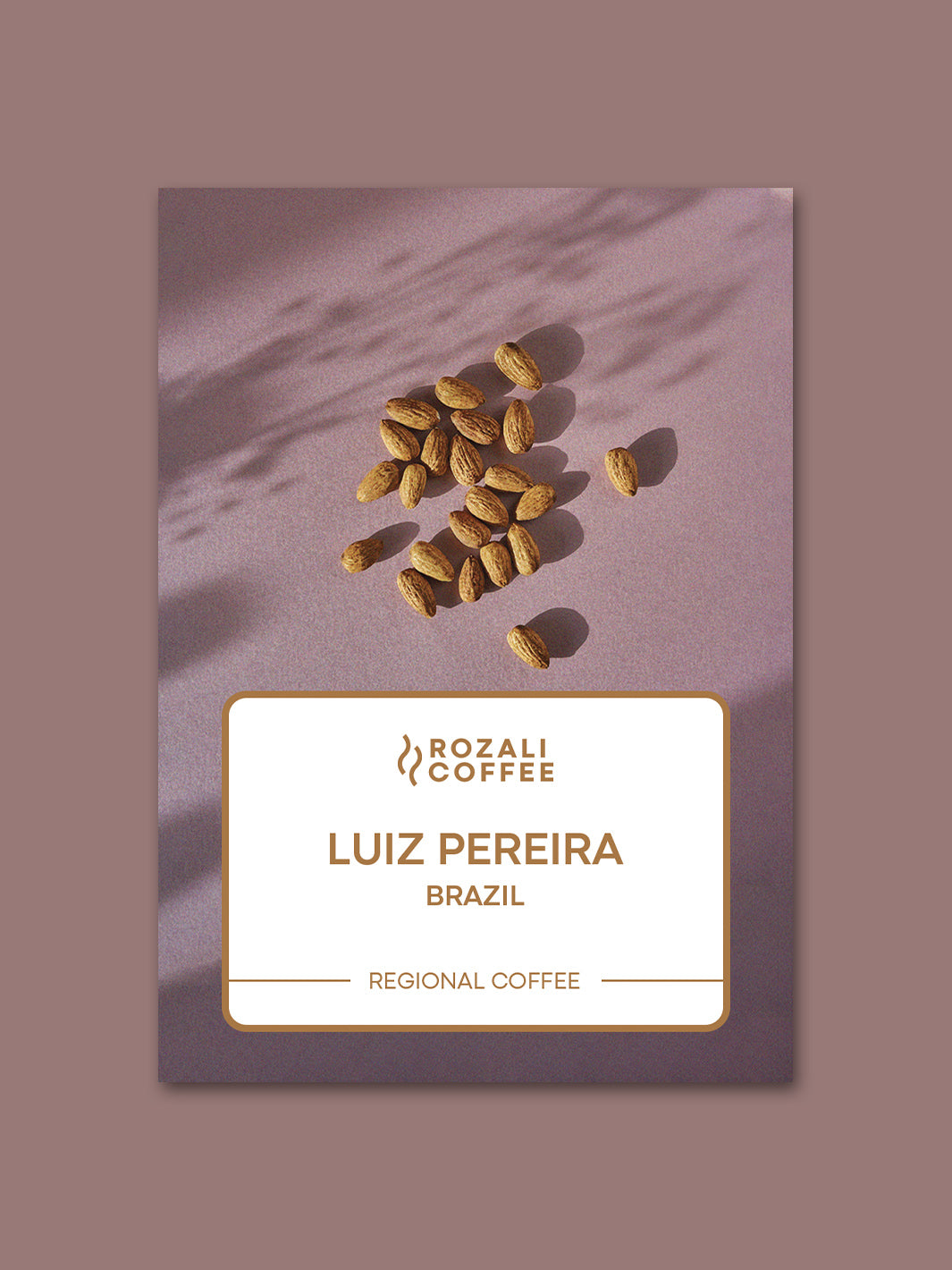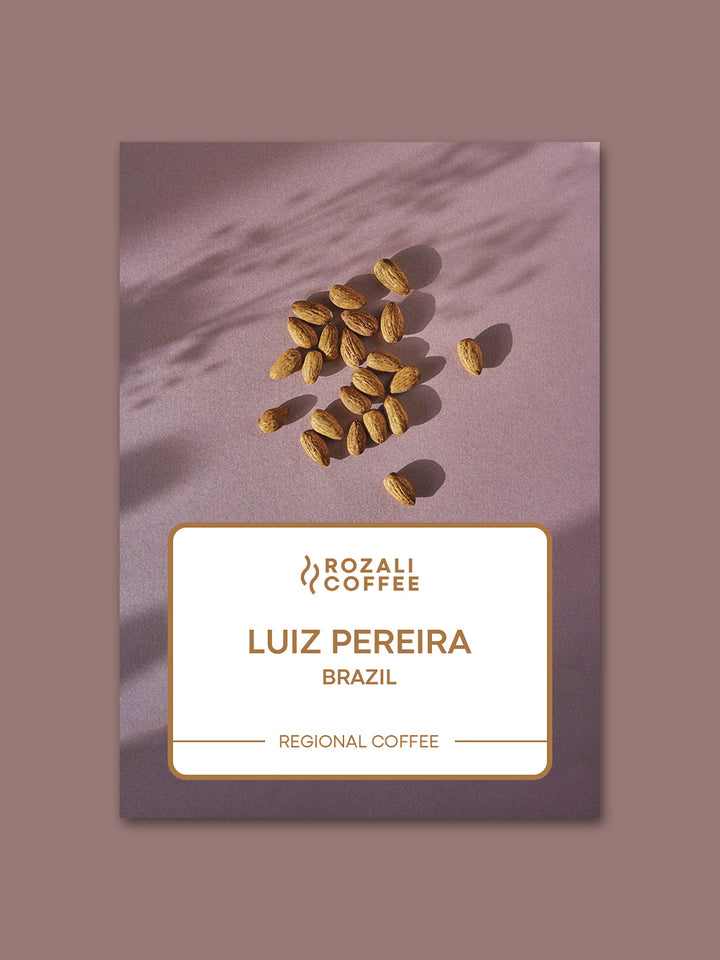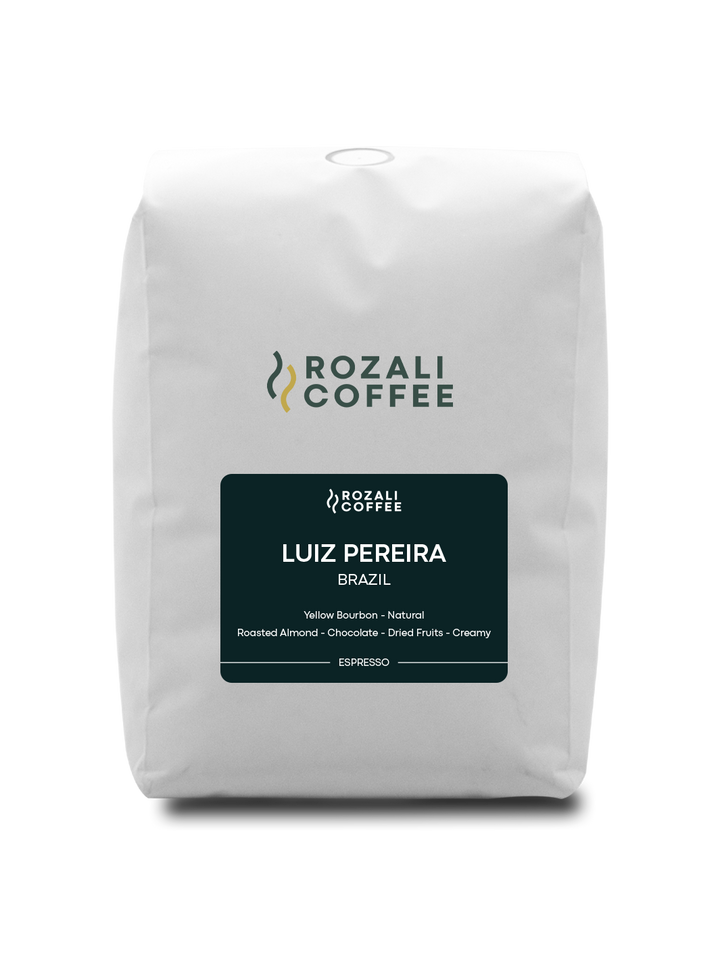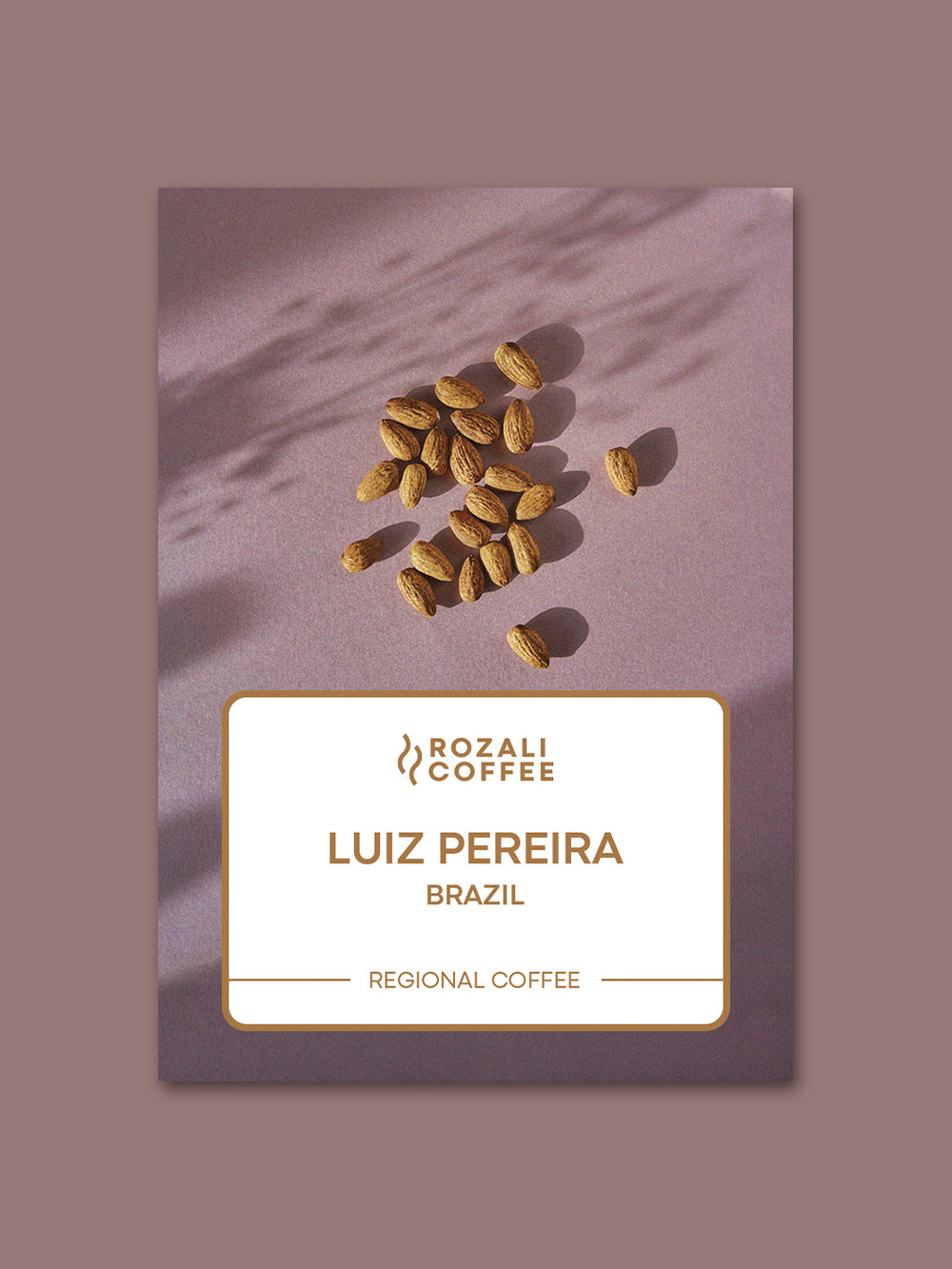Fazenda Isidro Pereira
Fazenda Isidro Pereira, located in the fertile hills of Southeast Brazil's Carmo de Minas, has been producing stunning coffee for three generations. The family tradition began in the late 1960s when Isidro decided to pursue his childhood passion for coffee and moved back to Minas Carmo de Minas to acquire a farm. He was later joined by his son, Luiz, who completed his agriculture and livestock production degree and brought innovation and curiosity to the farm. Luiz travelled to Argentina to learn how the principles of wine production can be implemented in coffee production.
Under Luiz's management, the farm grew rapidly. He acquired surrounding lands for the farms and planted more varieties. By 1974, their farm had grown to 720 hectares, about 500 percent larger. The farm cultivates Yellow Catuai, Yellow Catucai, Acaia and Yellow Bourbon.
Luiz's focus on maintaining coffee quality led him to implement various training programs in each step of the harvesting process and a bonus payment policy to motivate the workers. He believes that innovation in the specialty coffee business must be constant and mandatory. As a result, he has been able to produce some of the finest coffee, partly due to the high altitude (950–1200 masl) that allows the slow ripening of cherries and selective picking.
Today, Luiz's son, Luiz Pablo Jr., continues the family's passion for meticulous quality and innovation. We are proud to share their latest stunning coffee that reflects their family's passion, patience, and dedication.
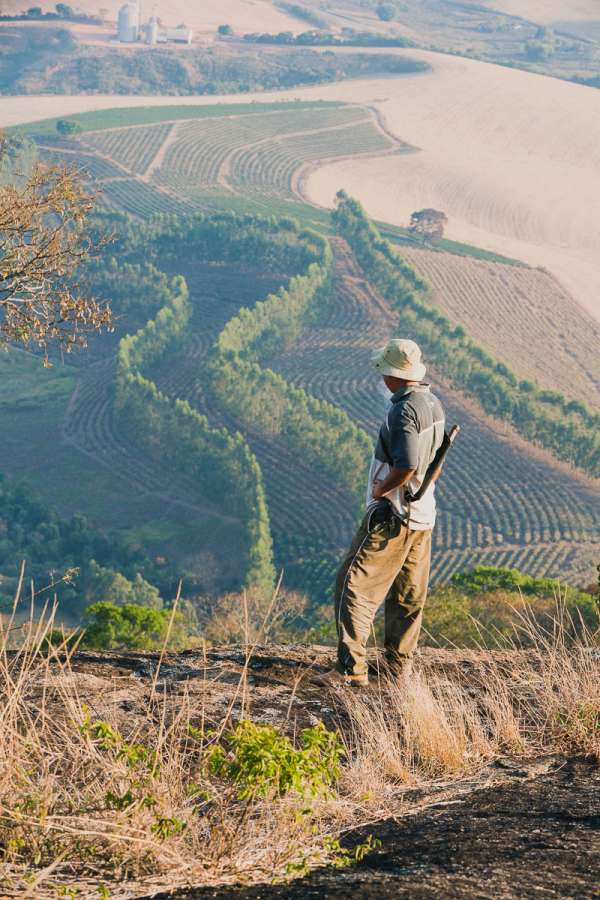
The family tradition began in the late 1960s when Isidro decided to pursue his childhood passion for coffee.
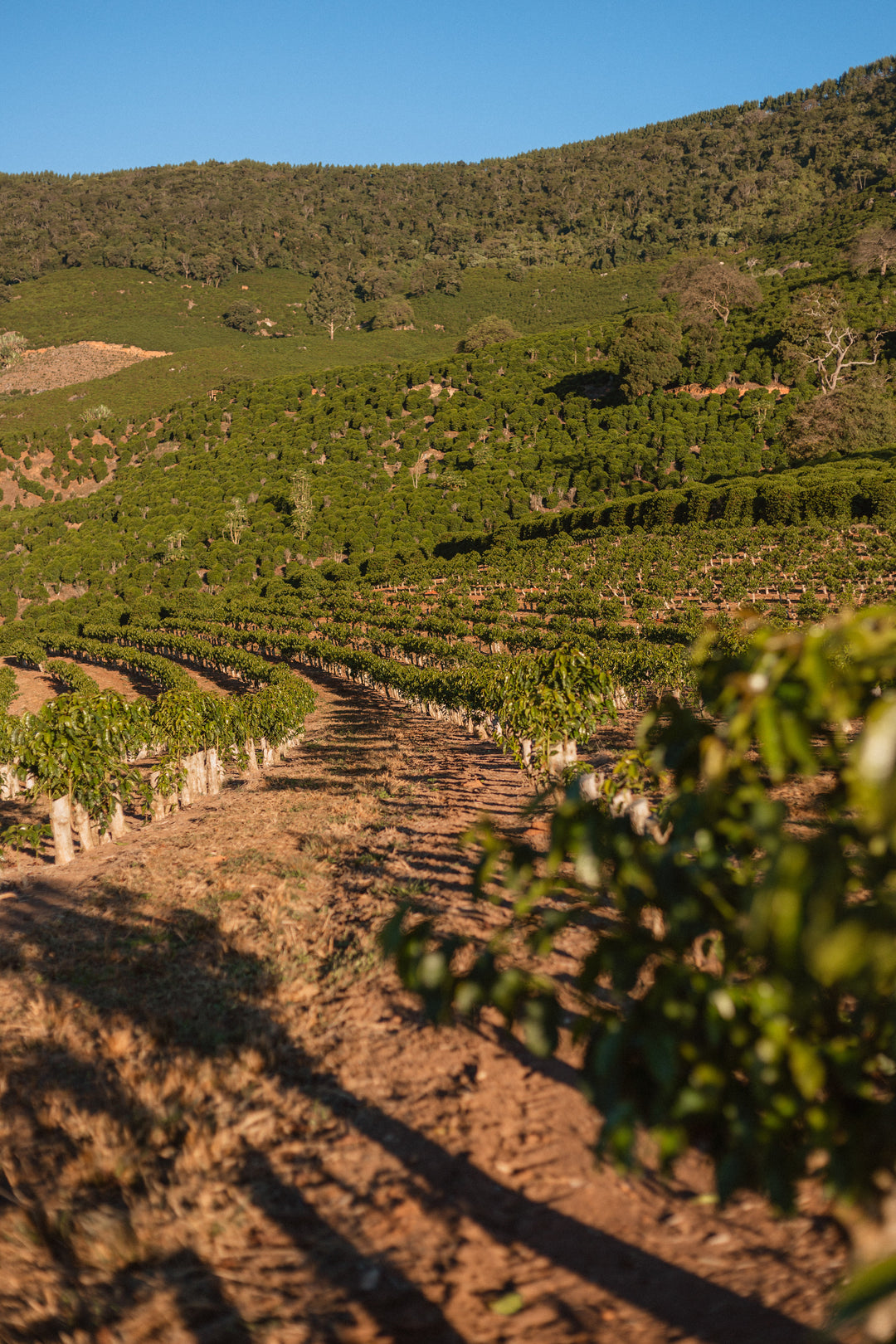
Minas Gerais
Coffee has been integral to Minas Gerais' history since the 18th century. The region's fertile soil, high altitude, and favourable climate have made it an ideal location for coffee cultivation. Over the years, coffee production has played a significant role in the growth and development of Minas Gerais, transforming it into one of Brazil's wealthiest states. Today, the region is home to many coffee farms and cooperatives, producing some of the world's finest coffees.
In Minas Gerais, coffee farming and processing methods have evolved, incorporating traditional and modern techniques. Most coffee farms in the region are small to medium-sized, with many farmers relying on manual labour for harvesting and processing. However, some larger farms have adopted mechanised harvesting methods to increase efficiency and reduce labour costs.
The natural or dry process is the most common processing method used in Minas Gerais. In this method, coffee cherries are sun-dried on patios or raised beds until they reach an ideal moisture content. This process helps preserve the fruity and sweet characteristics of the coffee, which are highly sought after by specialty coffee enthusiasts. In addition to the natural process, some farms in the region also utilise the pulped natural and wet processing methods. These methods involve removing the outer skin and pulp of the coffee cherries before drying, resulting in typical tasting notes from this region, including chocolate, caramel, nuts, and various fruit flavours such as berries, citrus, and stone fruits. These coffees often have a lingering, sweet finish.




